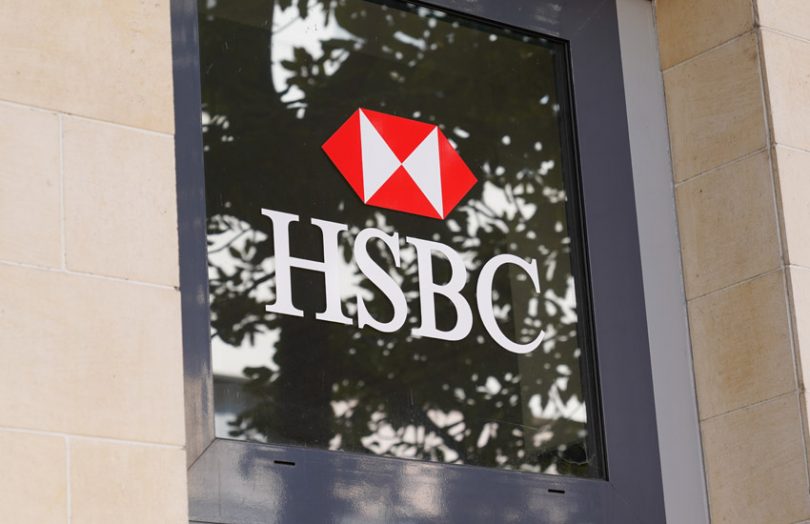Today HSBC announced it’s the first institution to use R3’sCorda enterprise blockchain on Google Cloud. The bank uses Corda for its Digital Vault custody platform and believes the move to the cloud will cut onboarding times.
Digital Vault caters for the custody of assets issued through private placement, whether that’s equity, debt or real estate. By digitizing the details, asset owners can check their records without the need to request the paper certificate. They might need details for an audit or to check an interest payment. A benefit of using blockchain is the reduction in record-keeping costs.
The current solution only digitizes a small part of the process. In the future, assets are likely to be issued, tokenized, transferred and custodied on blockchain. The Digital Vault is a baby step towards that.
“As well as cutting onboarding times and reducing costs, it (move to Google Cloud) will help us prepare for the future, in which the full transaction lifecycle could be stored on a distributed ledger,” said Gaurav Aggarwal, HSBC’s Head of Distributed Ledger Technology and Tokenisation, Markets & Securities Services.
For now, Digital Vault is only available in Asia.
When the solution was unveiled in 2019, the plan was to move around $20 billion of the $50 billion privately placed assets that HSBC custodies. These are a tiny fraction of the total assets that HSBC looks after.
The bank has numerous other blockchain activities. Six months ago, HSBC provided its on-chain settlement solution for a bond issuance on the Singapore Exchange’s (SGX) digital asset platform.
HSBC was also a major driver behind the Contour trade finance platform, which also leverages Corda. And it’s a participant in the we.trade finance network.
Meanwhile, Google Cloud has taken an interest in hosting public blockchain and DLT networks. It is on the governing council of Hedera Hashgraph, which means it hosts nodes. Plus, it expressed an interest in hosting nodes for the EOS public blockchain.






